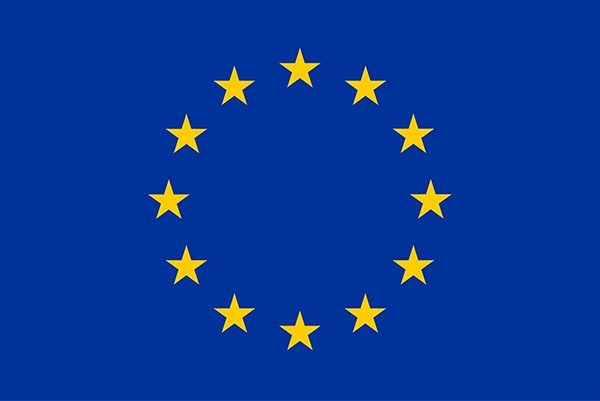6 Feburary 2019: Attended the Norway-Japan alumni and researcher gathering fiscal year 2018 at Research Council of Norway (RCN) and presented “Public engagement for what? A light in the darkness”. Following this event, the 3rd Norway-Japan Academic Network Seminar was organised in the same location. The JSPS alumni club Norway is still under the formalisation process, but will create a platform for new collaborations and projects by bridging between Norway and Japan.
25 February 2019: Visited the cAt site at Mol with the delegation of Japanese citizen science researchers and practitioners. This is the first land disposal facility for low-level radioactive waste in Belgium.
26 February 2019: Meeting with several citizen science projects based in Leuven. Leuvenair is a bottom-up citizen science initiative to distribute 100 air quality sensors in Leuven.
CurieuzeNeuzen [Curious Noses] is the largest citizen science project on air quality. 20,000 citizens measure the levels of nitrogen dioxide in their street or near their own house. It is worthy to note that this project is initiated not only by universities and public authorities but also by the newspaper De Standaard, which provides logistical support, organises the distribution of the measurement kits and leads the recruit campaign and communication with citizens.
27 Feburary 2019: Attended the one-day workshop Learning from Citizen Science after Fukushima: Probing the Role and Potential of Citizen Science in Nuclear Science and Technology Governance in Japan and Belgium at SCK-CEN Brussels. The goal of this workshop is to develop a better understanding of the role and potential of citizen science in the governance of nuclear incidents/accidents in emergency preparedness, response and post-disaster recovery. It is motivated by a concern shared by many (governments, regulatory bodies, scientists, citizens) to heed lessons from the Fukushima disaster and to sustain a more fruitful dialogue between all stakeholders. In Japan, these stakeholders now invariably include citizen scientists, who to this day monitor radioactivity in disaster-affected areas and openly share data on environmental radiation and risks. By generating their own participatory, open-source data, do-it-yourself measurement devices, and radiation maps, they challenge and complement conventional approaches to nuclear safety governance. For this workshop, Nozomi Mizushima and I proposed the ‘Recommendations for policy and practice of citizen science for radioactive measurement in Japan‘. These served discussions among participants to initiate learning, build on mutual experiences and develop institutional capacity between Europe and Japan.
14 March 2019: Gave a keynote address ‘Mobility and publics in molecular robotics’ at the 2nd Annual Meeting of Molecular Robotics, Tokyo Institute of Technology. This was a remarkable opportunity for a social scientist to facilitate frontier scientists to deliberate ethical and social aspects of their research subjects.
19-20 March 2019: Attended the first workshop for Developing ‘alternative practices’ for responsible research and innovation in the UK and Japan at University of Edinburgh, supported by ESRC-AHRC UK-Japan SSH Connections grants. The presenters are: Yuko Fujigaki, Rob Smith, Steve Sturdy, Koichi Mikami, Jusaku Minari, Erika Szymanski, Arisa Ema, Robin Williams, Jane Calvert, Ken Kawamura, Pablo Schyfter, Go Yoshizawa and Niki Vermeulen. My presentation title was ‘Mobile publics in public engagement’. At the final session of the workshop we summarised the meeting and discussed the next step of this UK-Japan research collaboration.
